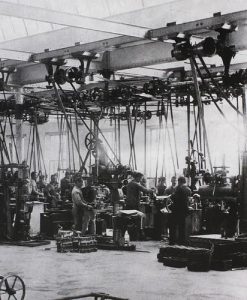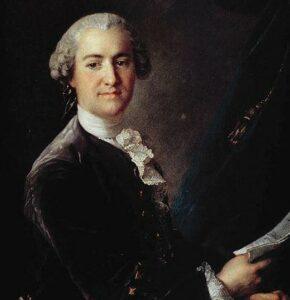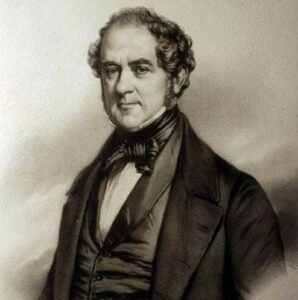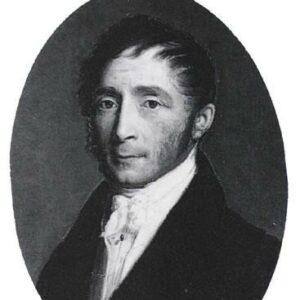The development of banks in the 19th century
A number of factors contributed to such major changes, the main ones being increased knowledge, the development of research, the acceleration of technical advances, the autonomy of the banking institutions. Banking activities such as loans, or arbitration in the evaluation of bills of exchange, had existed for a long time. But they were mainly associated with industrial and commercial success, the benefits of which provided the cash-flow needed for such operations.
As such operations increased in number, they became the full-time activity of merchant banks and required more and more specialised technical abilities.
Towards the end of the 19th century, merchant banks widened their sphere of activity by becoming deposit banks based on individual savings. Bankers not only participated in solid industrial and commercial ventures, they also encouraged ventures likely to be an incentive to economic growth. They participated actively in urban development and thus became involved in real estate : not only by promoting the housing industry but also by the creation of a water-supply system in towns, and the building of concert halls or theatres. They also contributed to the construction of railway lines and founded the first insurance companies. Even if some of these initiatives failed, their importance often resulted in the attribution of a prominent public role to bankers with such responsibilities.
Protestants from the Refuge
The development of the 19th century banking sector in France was mostly due to personalities who came from Switzerland, Germany or Italy and who included many Protestants. (Calvin in fact did not bear an unfavourable judgement on interest-bearing loans, as long as their working methods were clearly specified).
Most of these Protestant bankers were of French descent. Their ancestors had left France, some during the 16th century (the Mallets settled in Geneva, Calvin’s city), others during the 17th century, as persecutions had become more severe : the André family settled in Italy, many had settled in Germany, others in Alsace where a special status encouraged trade with Germany. They had all been involved in successful commercial activities, often linked to the textile industry (Schlumberger, Poupart de Neuflize) and its various by-products. This had led them to join Europe-wide financial circuits. During the 18th century, the Mallet family had even helped the French government to finance military operations ; if Isaac Mallet, a citizen of Geneva, came to France, it was initially to claim his due.
A specific ethos
For historical and technical reasons therefore, many of the 19th century French merchant banks were of Protestant adherence. Their religious convictions often influenced their working methods : for example their clearly defined banking techniques, a specific management policy, and a marked concern for social problems defined within the limits of a paternalism that was in keeping with their conception of the world. Though banks in general set up insurance systems, most Protestant banks (Delessert and Cazenove, amongst others) also set up mutual insurance societies. As a result of an alarming report on children’s work in factories, (written by Émile Villermé, member of the Académie des Sciences Morales and published in 1839), Protestant banks used their influence to combat such exploitation. They financed numerous charities ; and, in return, many bankers sat on the board of directors.
Protestant bankers had a more Girondin than Jacobin concept of the State’s role. They very often actively supported liberal political positions, with a heartfelt appreciation of the ideas of Tocqueville or Guizot, but also those of the Comte de Saint-Simon.






